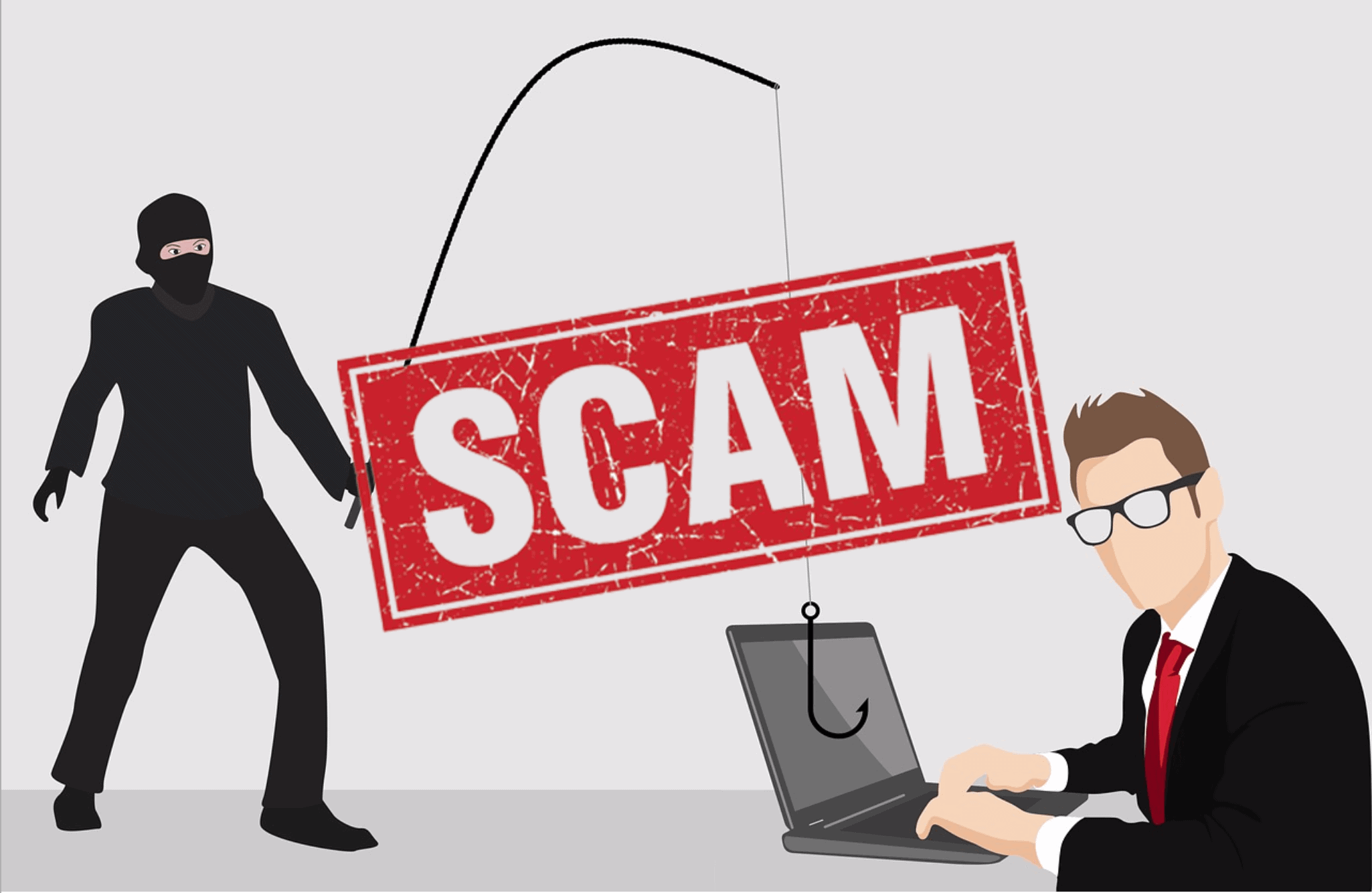Understanding Recovery Scams: A Guide to Staying Safe

If you’ve ever been scammed, you’re likely to be extra cautious in the future—but unfortunately, some scammers target victims again through a sneaky tactic known as “Recovery scams” (or refund scams). This type of scam can appeal to people desperate to try and recover the money they’ve already lost, but have the capacity to make you a victim for a second time. Here’s what you need to know.
Recovery scams prey on individuals who have already fallen victim to fraud. Scammers may contact you directly or advertise their services online through Social media advertisement or professional looking websites. Sometimes, these services are connected to the original scammers, who will recycle the personal information you have already given to them, and they come back for another bite. They typically often pose as “Recovery Agents”, “Scam recovery Lawyers” or “Ethical Hackers”, offering to help you reclaim your lost funds. In other cases, they might claim your money has already been recovered and pretend to be Law Enforcement, Government officials or other authoritative figures, offering to “help” you access it. Of course there are always upfront fees to pay.
But here’s the truth: recovery scams are just advance-fee scams in disguise. The scammers will string you along, demanding fees for expenses, deposits, “insurance,” or other made-up costs. They’ll keep inventing reasons to ask for more money until you stop paying.
So, what can you do? If you’ve been scammed before, it’s important to stay vigilant. Be highly skeptical of unsolicited offers to recover your money. If you’re already engaging with someone you suspect is a recovery scammer, block them immediately. Also, be cautious of random contacts for a while after. The key thing to know is that only your Bank has the authority to pay back any scammed money, and they should always be the first point of call to report you’ve been scammed, and activate their recovery claim process. It may seem frustrating and take a long time, but professional attention takes time to complete. In the UK you should also always file a report with “Action Fraud” (a legitimate Police service) via their online process.
A final tip: if you’re sharing your experience on forums or social media, be mindful that recovery scammers often target individuals in these spaces. They may even ask you to delete your posts, trying to prevent you from getting legitimate advice or becoming a target for other scammers. The plain truth is that these individuals want your money badly, and will do anything they can to convince you to give it to them.
Stay alert, and remember—it’s okay to seek help, but always ensure it’s from a trusted source. Protect yourself and others by sharing this information!

